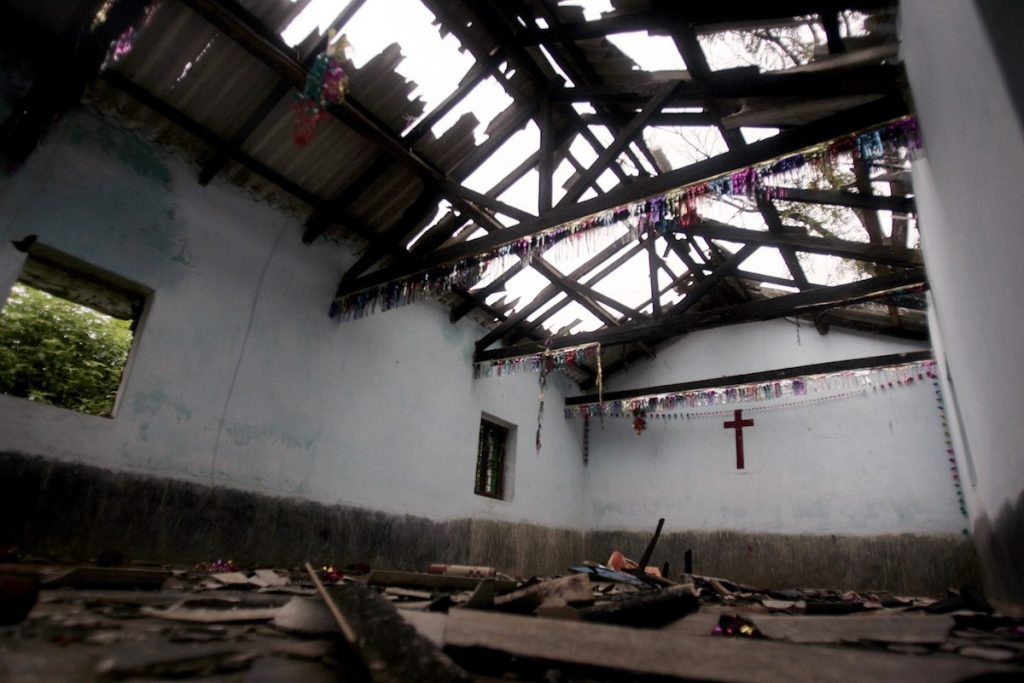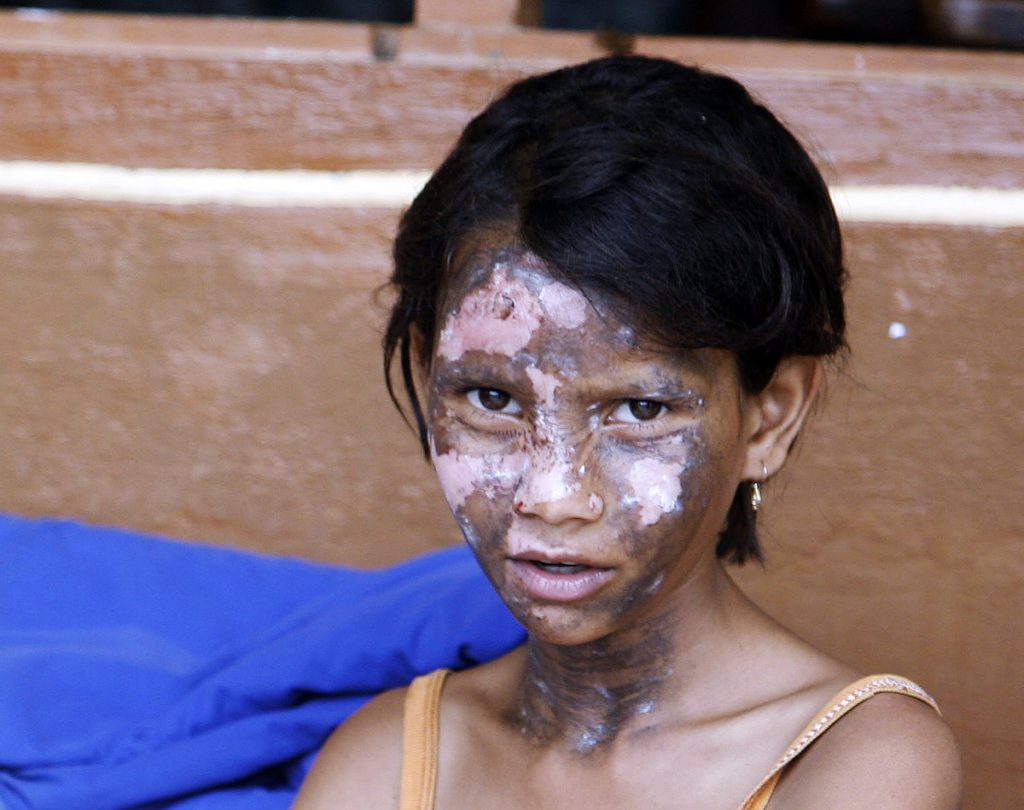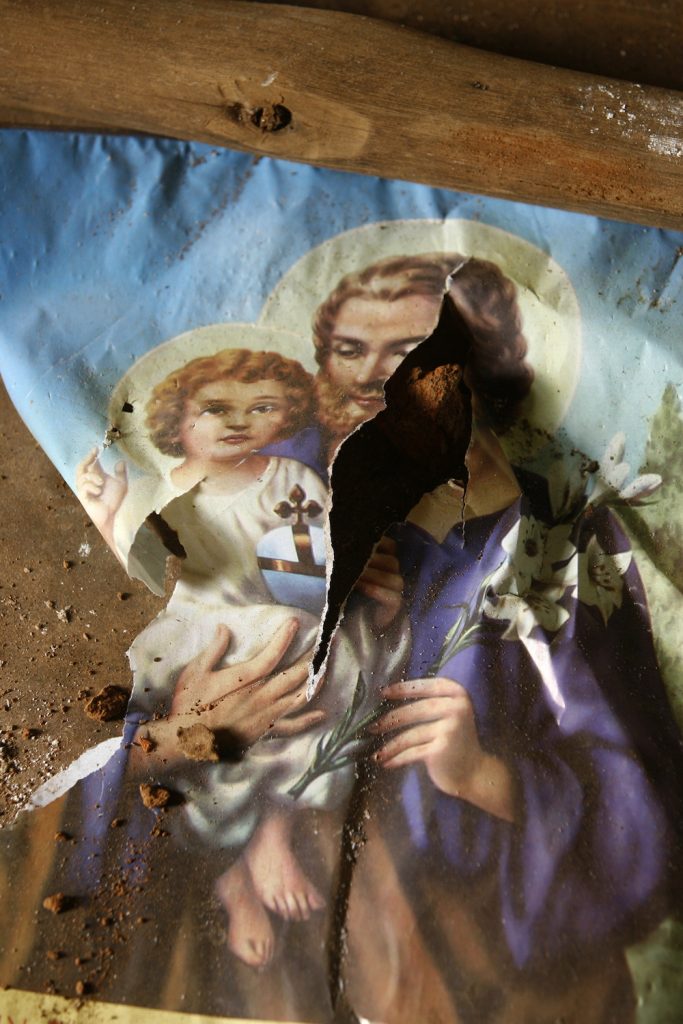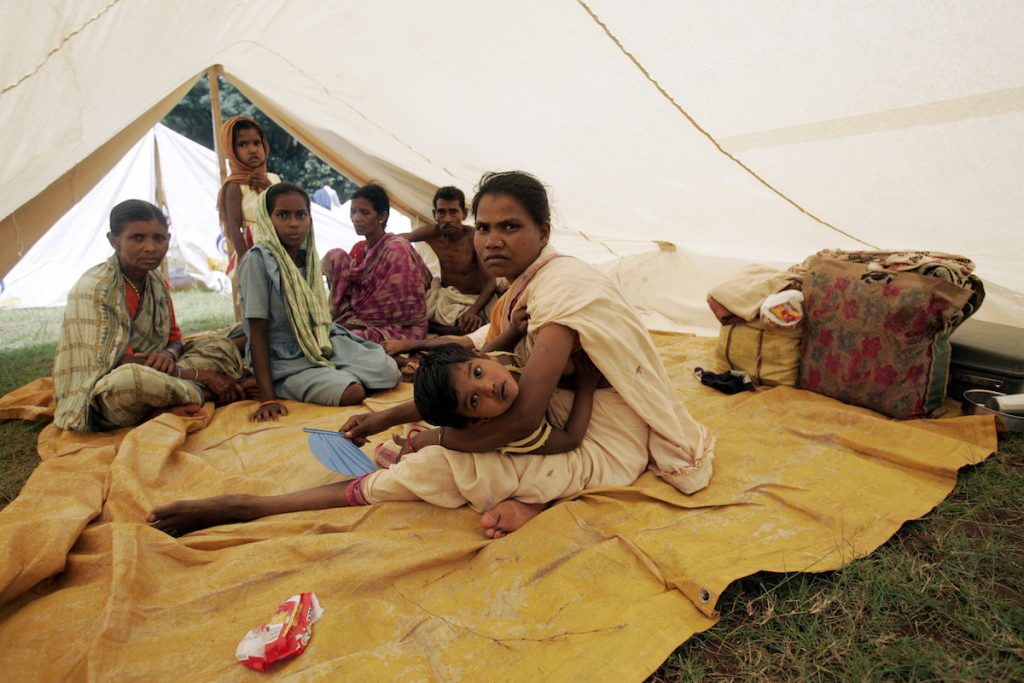
More than a decade after the violent attacks on Christians in Kandhamal district in Odisha, India, justice for about a hundred people who died and the thousands who were displaced remains elusive.
On Aug. 25, 2008, Hindu extremists launched targeted attacks on Christians of Kandhamal, blaming them for the Aug. 23 murder of Hindu leader Swami Lakshmanananda Saraswati.
Maoist rebels, however, claimed responsibility for the murder.
This week, faith-based human rights group Christians Solidarity Worldwide (CSW) called on the Indian government to act and serve justice for the victims and survivors of the attacks.
In a statement, Mervyn Thomas, CSW chief executive, expressed solidarity with “those who lost their lives in the Kandhamal massacre on account of their faith.”
He said many families who lost their loved ones continue to live without closure because of the failure of the government to reopen the cases filed against those responsible for the violence.
None of the 325 cases have been reopened even as the Supreme Court of India ordered in 2016 the Odisha state government to re-investigate the incident.
Thomas said steps must be taken “to reconstruct damaged property” and for victims and their families to be compensated.
He also urged the Indian government “to take constructive measures to bring an end to the communal tensions that continue to exist in the state.”

The National Solidarity Forum (NSF), a network of 70 civil society and rights organizations in India, has called for a two-week campaign this month to commemorate the massacre.
The network described the incident as “the largest organized communal attacks on Christians in the history of India in the past three centuries.”
In a statement, NSF said the two-week activity aims to gather support for the families of the victims and survivors whose freedom of conscience and religion has been violated.
The network said the commemoration is also intended to promote democratic and pluralistic values in the country that are envisioned in the Indian Constitution.
“We are sure that if all humanitarian forces join hands to build peace, justice, and harmony in this country, we will be able to achieve results in these dark times and protect the values of the Indian Constitution so that no such violence takes place in India,” read the group’s statement.

The attacks in 2008 destroyed 395 churches and places of worship, and 6,500 houses. About a hundred people were reported killed, 40 women were allegedly raped, and at least 75,000 people were displaced.
Out of 3,300 complaints filed, only a few hundred cases were accepted while thousands of victims of displacement were not able to return to their villages.
John Dayal, a civil rights activist, said the Kandhamal incident “epitomizes” not only targeted violence against religious and other minorities “but impunity and state acquiescence with powerful political vested interests.”
“It deals a fatal blow to the concept of rule of law and shakes the faith of the poor in justice,” he said.
“None of the criminals responsible for destruction are in jail today. The murderers, rapists, looters and destroyers are today running scot-free,” read the NSF statement.
The network said Christians and other minorities in India continue to face violence and injustice. It noted that of the 122 cases of violence against Christians, only 23 were registered as of June 2020.
The group said attacks on Christians have been “consistently” increasing since 2014.

Source: Licas Philippines
0 Comments